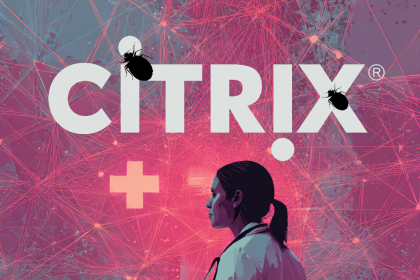As first reported by Financial Times, a patient’s death has been officially linked to the June 2023 ransomware attack on Synnovis, an NHS pathology service provider, highlighting the life-threatening risks posed by cyberattacks on critical healthcare infrastructure. The Russian-speaking ransomware group Qilin was behind the attack, which severely disrupted services at King’s College Hospital and Guy’s and St Thomas’ NHS Foundation Trust in London. The attack delayed thousands of diagnostic procedures and appointments, and ultimately, a delay in blood test results was found to be one of the contributing factors in the patient’s death.

Source: synnovis.co.uk.
The incident underscores growing concern over the NHS’s reliance on private digital service providers, whose vulnerabilities can become system-wide failures. Synnovis confirmed that 400GB of stolen data was leaked by the attackers, further fueling public alarm over patient privacy and data integrity. While the South East London Integrated Care Board identified 170 cases of patient harm linked to the incident — mostly classified as low harm — the fatality marks a significant escalation in the consequences of healthcare-targeted cybercrime.
Experts, including Dr. Saif Abed, a cybersecurity specialist and former NHS doctor, believe this case may be only the “tip of the iceberg.” He warned that many patient deaths tied to cyberattacks may have gone unreported due to a lack of formal investigation or standardized reporting mechanisms. This has prompted widespread calls for an independent inquiry into NHS cybersecurity and patient safety, as pressure mounts on the UK government to protect healthcare infrastructure against increasingly sophisticated and state-linked cyber threats.
Synnovis CEO Mark Dollar expressed deep regret over the outcome, while a government spokesperson cited the incident as a stark reminder of the real-world consequences of foreign cyber aggression, particularly from Russian actors. Investigations into the attack remain ongoing, but for now, the spotlight is on urgent reforms to bolster NHS resilience against future digital disruptions.
The confirmed death linked to the Synnovis ransomware attack is a tragic wake-up call for the healthcare sector, revealing the devastating human cost of cybersecurity failures. As digital services become further integrated into patient care, robust protections, transparency, and accountability must become core pillars of healthcare delivery in the modern age.







